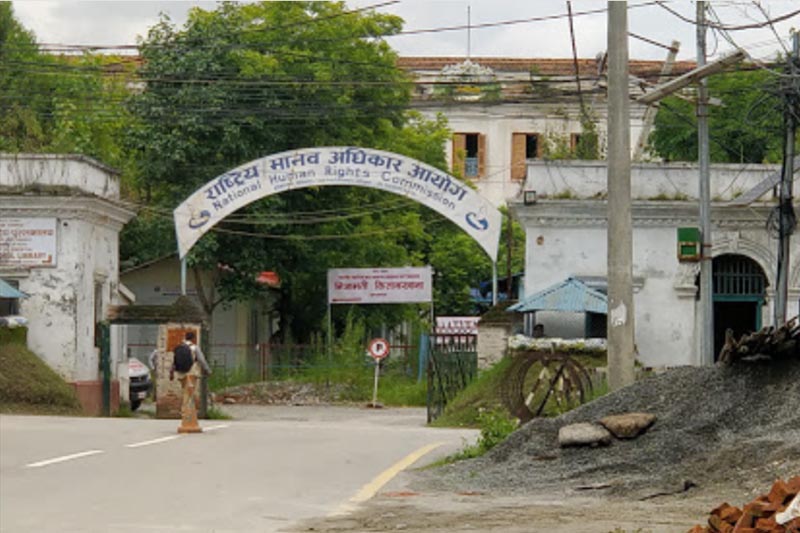Amend act on human trafficking: NHRC
Kathmandu, December 13
The National Human Rights Commission has recommended the federal government to amend the existing Human Trafficking and Transportation (Control) Act-2007 to make it consistent with the federal structure of the country.
“It is the need of the hour to amend the act in a way that addresses the issue of formation and mobilisation of mechanisms as per the federal setup, rescue trafficking victims and protect vulnerable groups,” stated the annual report released by the rights body last week. It also urged the government to formulate and implement policies and procedures relating to repatriation of trafficking victims, reunion with their families and their rehabilitation.
According to the report, it was very urgent to establish trafficking victim support fund at all three levels — central, provincial and local — and operate at least one trafficking victim protection home and rehabilitation centre in each province for the victims suffering from mental trauma. The government has been urged to approve the Anti-human Trafficking Bureau Regulations at the earliest and expand its units to the district level. “We recommend the government to provide specialised criminal investigation training to the police personnel working in AHTB. It is also important to enter into bilateral and multilateral agreements for effective investigation of trafficking and protection of victims,” it read.
The government has also been told to coordinate with the NHRC and AHTB for occupational health safety of Nepali migrant workers and direct the Nepali missions abroad to concentrate on rescue of trafficking victims. The report also shows poor implementation status of recommendations made by the NHRC in relation to human trafficking control, rescue and assistance of victims and their access to justice.
Human trafficking is not only a heinous crime, but also a vicious form of exploitation facing Nepali youths and children. The report said around 1.5 million population was at risk of trafficking in 2018-19 and nearly 35,000 of them ended up in various forms of trafficking. Cases of human trafficking are often trivialised by linking them to other aspects such as migration for employment. Human traffickers have been capitalising on lack of employment opportunity, low education level and poverty to lure the victims, it said. Key agents of trafficking comprise a range of individuals as well as agencies, including recruiting firms, education consultancies and marriage bureaus.






